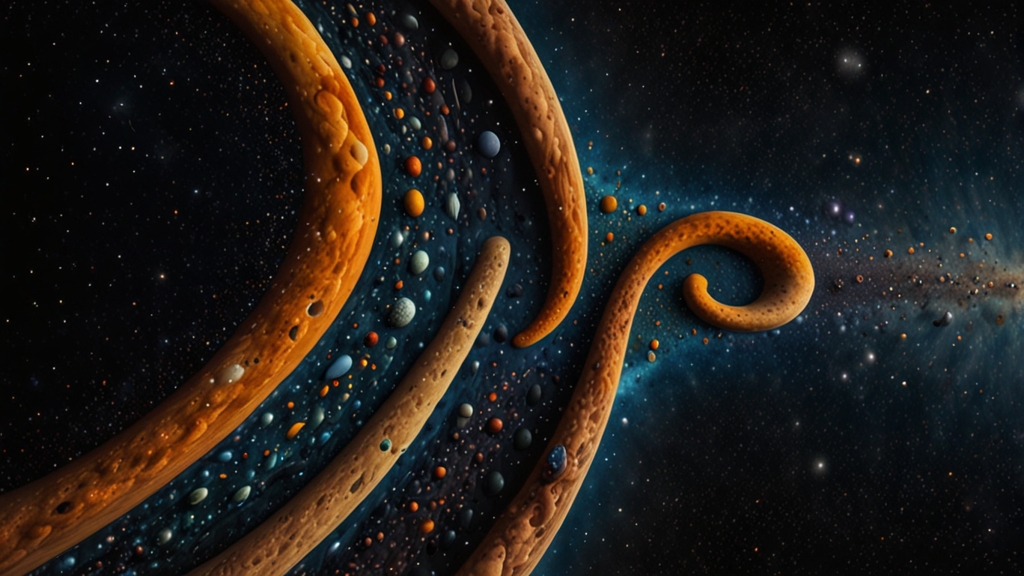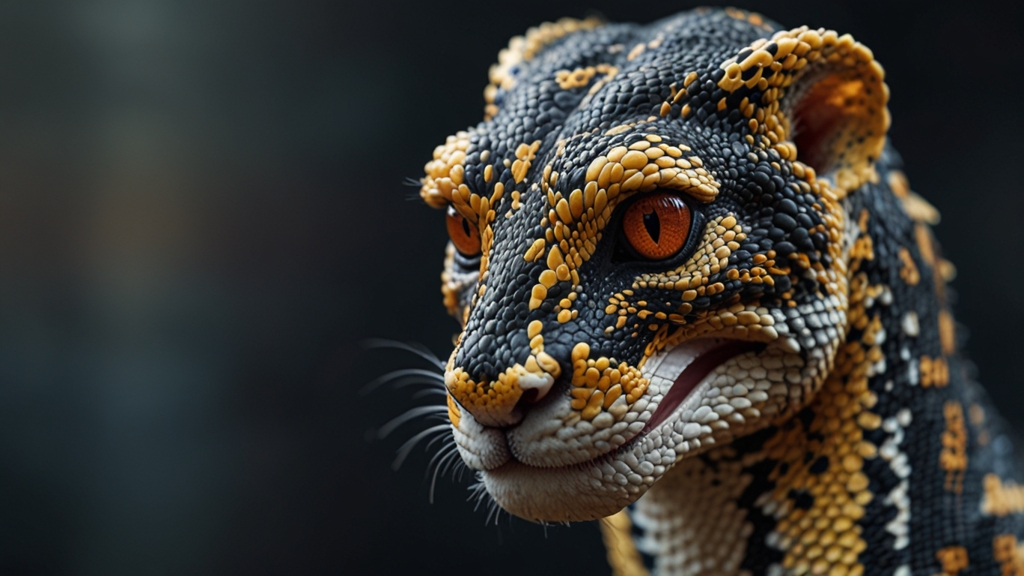Protecting Our Past: The Importance of Endangered Species Today
The natural world is a complex tapestry of life, with each thread representing a myriad of species that co-exist and rely on one another for survival. This intricate balance has been honed over millions of years, yet today, human activities threaten to unravel it at an alarming rate. Protecting endangered species is not just about preserving the past; it’s about ensuring a sustainable future for all life on Earth.
The Web of Life
Every species, no matter how small, plays a unique role in our ecosystems. From the tiniest insects to the largest mammals, each has a function that supports the environment. Bees, for instance, are pivotal in pollination, which is vital for the growth of many plants. Apex predators like tigers and wolves help maintain the population balance of other species, thereby preventing overgrazing and the subsequent degradation of the habitat.
When one species becomes endangered, it’s a signal that something is amiss in our ecosystem. The loss or decline of any species can set off a chain reaction, disrupting food webs and leading to unexpected consequences for other species, including humans.
“If the bee disappeared off the face of the Earth, man would only have four years left to live.” - Albert Einstein
Economic Impact
Biodiversity is not just an environmental concern; it’s also an economic one. Many industries, particularly agriculture, pharmaceuticals, and tourism, are deeply intertwined with biodiversity. Agricultural productivity relies heavily on the health of pollinators like bees, while many medicines are derived from compounds found in rare plants and animals. The economies of numerous countries are bolstered by wildlife tourism, drawing millions of visitors eager to experience the planet’s natural wonders.
When we fail to protect endangered species, we risk destabilizing these industries. The decline in bee populations, for example, is already causing significant concerns for crop yields. Similarly, the loss of medicinal plants can hinder medical research and the development of new treatments.
Cultural Significance
Species that are now endangered often hold significant cultural value. Many communities and indigenous populations have deep connections with certain animals and plants, which feature prominently in their traditions, folklore, and livelihoods. The loss of these species can lead to a cultural impoverishment that is as devastating as ecological degradation.
Ethical Considerations
Beyond the tangible benefits of preserving endangered species, there are profound ethical implications. Many argue that all species have an intrinsic right to exist, irrespective of their utility to humans. To drive an entire species to extinction is to erase a unique form of life that took millions of years to evolve, an irreversible act that diminishes the richness of life on Earth.
“The greatness of a nation and its moral progress can be judged by the way its animals are treated.” - Mahatma Gandhi
What Can Be Done?
Efforts to protect endangered species require concerted action on multiple fronts. Governments must implement robust conservation policies and provide adequate funding for wildlife protection programs. Laws protecting endangered species and their habitats need to be enforced stringently, with harsher penalties for poaching and habitat destruction.
Individuals can also make a significant difference. Supporting conservation organizations, reducing one’s carbon footprint, avoiding products made from endangered species, and spreading awareness are steps everyone can take to contribute to this critical cause. Educational initiatives aimed at fostering a love and respect for wildlife from an early age can cultivate a generation that values and fights for biodiversity.
In conclusion, protecting endangered species is fundamental to preserving the intricate web of life that sustains us. It's not merely an environmental or economic issue but a moral imperative to honor and safeguard the living legacy of our planet. Our actions today will determine the biodiversity of tomorrow, and it’s a responsibility we cannot afford to neglect.
“We do not inherit the Earth from our ancestors; we borrow it from our children.” - Native American Proverb








